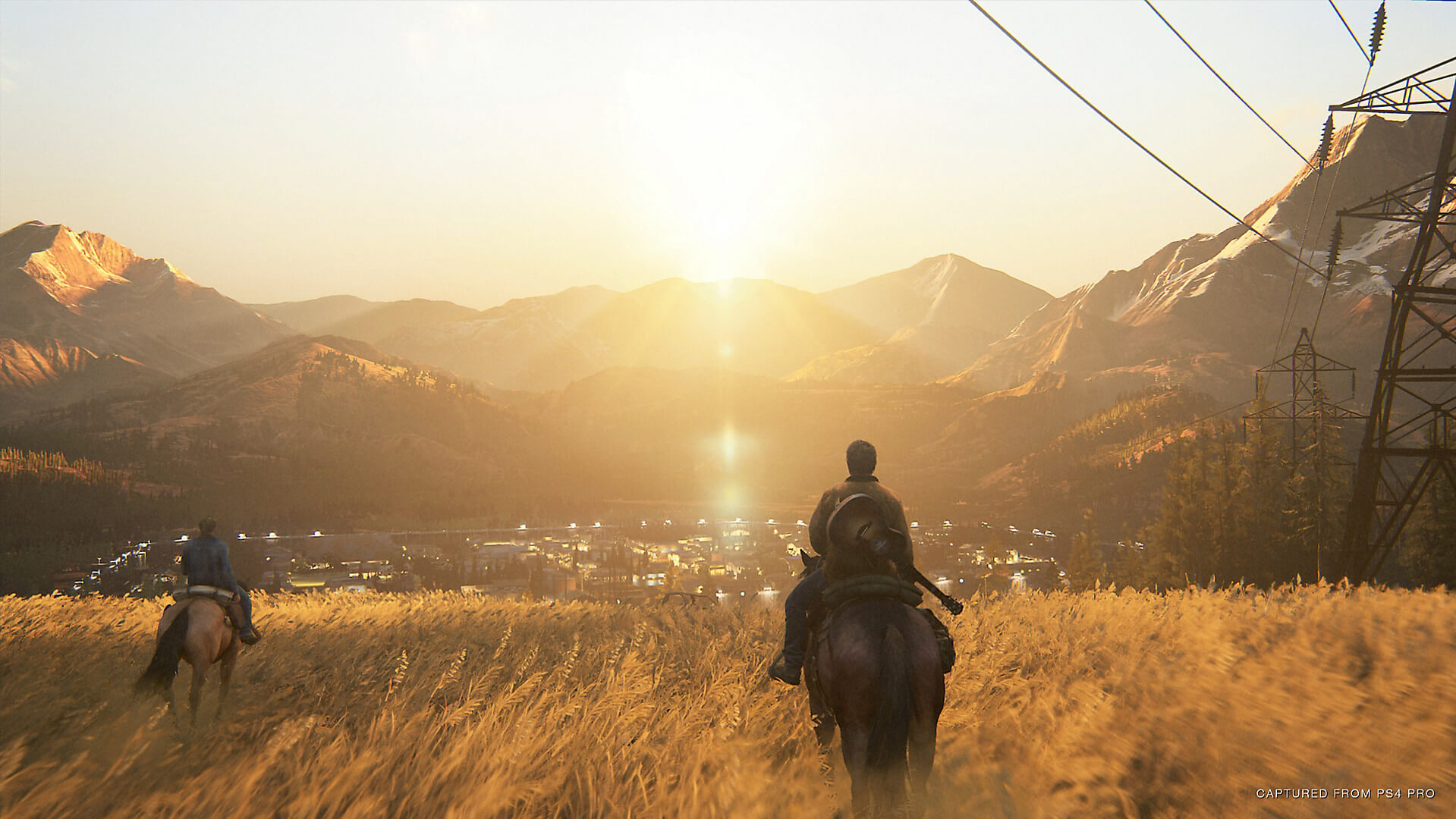I’ve previously gone into the subject of “how long games should be” as an exploration of what really appeals to me with game length – or if it’s even a big deal. I still feel much the same today. Games of all lengths can be enjoyable. I’ve had great times with games only a couple of hours long and RPGs that stretched over the 100-hour mark. Let’s not even get into multiplayer games where hundreds of hours over time is easy to achieve. Yet Jason Schreier sparked some controversy with a tweet simply stating,
This was, of course, a hyperbolic quasi-trolling tweet meant to rile up fans of The Last of Us 2 that received criticism, in part, for being longer than necessary. However, it drew my attention to a recent trend in AAA games of having content built in such a way that it promotes length even when it contributes very little. Previous generations of games also disappointed fans for their short overall campaign length. Call of Duty games were usually the first in line for this critical perspective. More recently, games across many genres seem to be trending toward the opposite end of the spectrum.
The issue is, however, not necessarily the raw amount of time a game takes to complete. One of the reasons others and myself can dedicate hundreds or thousands of hours to online multiplayer is that the experience is dynamic. If the developers constructed a multiplayer game properly, you should never encounter the same experience twice. Players will always create new movements, tactics, and generally, be unpredictable.Without knowing what’s around the next corner, players are going to have unique experiences more often, which is what keeps them coming back.
When a game is perceived as “too long” it may not be that long. The Last of Us 2, for instance, starts to feel long even with its moderate 25-hour run time. The problem is that the game, like others, does not provide much in the way of new gameplay by the midpoint. While you do unlock and upgrade a few more weapons, the early gameplay of shuffling through drawers and stealth killing enemies changes little. It turns into a slow burn that relies on the story to drive the game, but within that extended period, the progression of that story feels stilted.
Games end up being more closely scrutinized as mounting frustration makes even minor annoyances hard to deal with. When playing a game that doesn’t involve as much diversity in gameplay or is repetitive, players will go on cruise control to get through sections. In doing this they’ll see inconsistencies in the story and better isolate what is repetitious in the gameplay. I believe this is one of the reasons that I started seeing all of the little annoyances in The Last of Us 2.
Early on in that game, I was happy with painstakingly searching every room for ammo and crafting materials. I took as much time as I possibly could stealthily moving through combat areas.I read every letter I found and absorbed bits of the world building because it was fresh for me. After 15 hours, I was giving rooms a once-over and moving on, taking on enemies with a shotgun, and skimming letters for useful info in seconds. By the end, I was trying to avoid combat entirely because it was in the way of finishing the game.
Would the general controversy for the game be much different if it was five or ten hours shorter? It’s hard to say definitively, but I believe that might be the case. Padding gameplay rarely adds anything of value to a game. Especially when that gameplay isn’t optional. Side quests have been the method of choice for making a game longer for people that want more. The key there, however, is that they are optional. When the primary narrative thread is padded, and the padding isn’t dynamic or distinct, the experience is going to suffer and people won’t be happy.
There is no doubt that I will continue buying games of varying lengths. I will never determine the quality of a game solely by how long it takes me to beat it. However, I will expect to see this failure in managing game pacing and repetition to continue. Game developers rarely change overnight and considering how several AAA games have suffered from this design shortcoming, it probably won’t be over any time soon.




